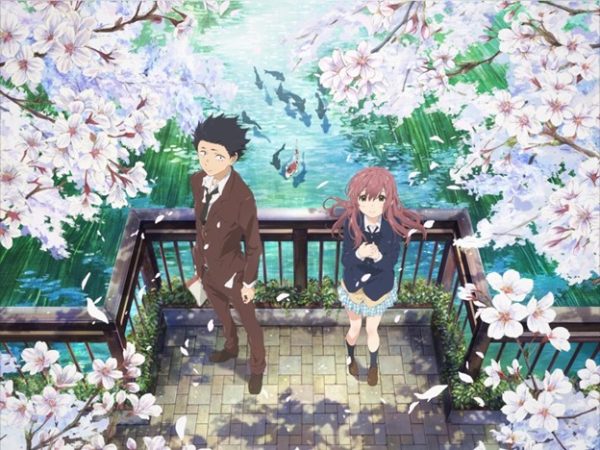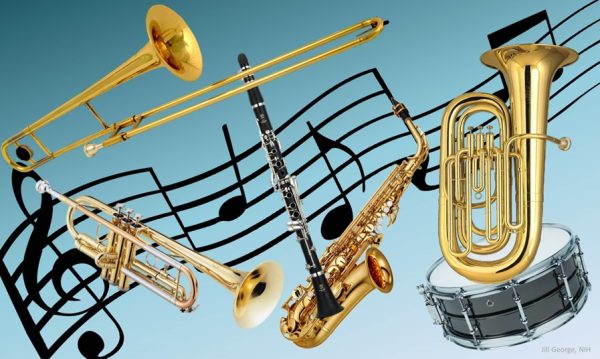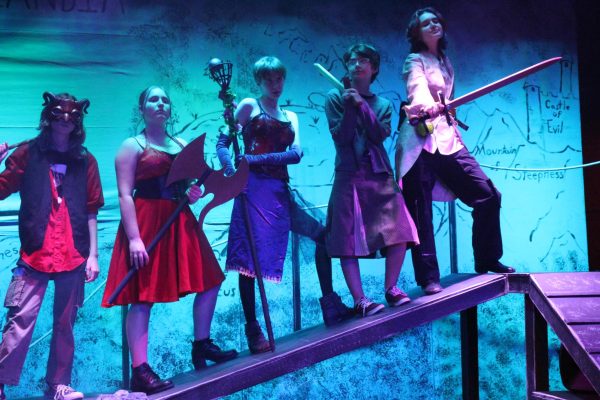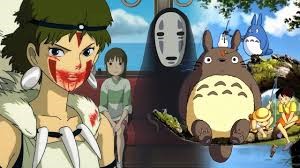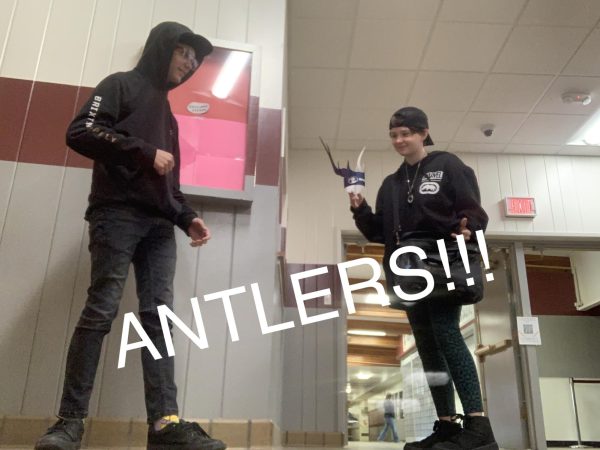Hope: A Comedy
The monotonous world of young adult is dominated by the common tropes of hope, selflessness, the pursuit of love, and other peachy morals. Shalom Auslander’s Hope: a Tragedy forgoes these shallow topics for the holocaust, religious criticism, and dead chipmunks in this philosophical and bitterly funny book. Auslander writes a scalding novel that somehow feels like laughing at a funeral and crying at a comedy show.
The jewish narrator, Solomon Kugel, is fraught with survivor’s guilt, insomniatic, and fears the tapping from his attic. “Tap Tap Tap” goes the real, ninety-year-old Anne Frank, living quietly in Kugel’s attic. She’s eating rats and defecating down the air vents of his dilapidated farmhouse while finishing her second diary. With this gut-punch of a premise, the novel starts with a crass yet somehow hilarious concept. What follows is the trials of a character who wants nothing to do with history who finds his life surrounded by it.
Paralleling the outward complications, Kugel’s therapist Professor Jove talks through his issues. From the title on, he blames Kugel’s troubles on the inherent optimism of the human race. “Pessimists don’t start wars” Jove rattles on. “Hitler was the biggest doe-eyed optimist of them all”. Despite how unbelievable this philosophy is, Auslander backed it up with some funny, sometimes dark conversations and inner monologues throughout the book. Forever disappointed with reality, Kugel is told, “Roads are no place for naive chickens dreaming of nirvana.” He and the other dysfunctional characters are all chickens, tortured from dreaming of freedom from their daily problems.
From the perfectly poignant and deadpan Kugel, to the foul-mouthed Anne Frank, this book is offensive, hilarious, and an extremely entertaining read. In the spirit of Kugel’s words, despite any controversy or jokes that go too far, the book has “ got a certain fatalistic charm, a certain je ne sais f****d.”


